The Rich and Remarkable Legacy of Lucille Clifton
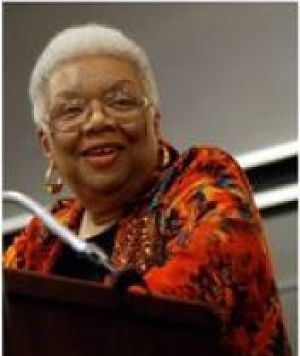
Lucille Clifton, Photo from http://likeawhisper.wordpress.com/
2010/02/13/bhm-lucille
I was deeply saddened to learn about the passing of a woman I so admired, respected and appreciated. Born in 1936, Lucille Clifton, the extraordinary African-American poet, whose compact, taut, yet rich and often heart-wrenching poetry that packed so many inspiring punches, died on February 13, 2010 at the age of 73.
It is fitting in some way that she died so close to Valentine’s Day, a day that is graphically depicted with hearts and a day devoted to the sharing of declarations of love, appreciation and affection. It is also a day when gifts are exchanged. Her valentine and legacy to us all was the rich and lasting canon of her beautiful body of work.
I hope she enjoyed a glorious Valentine’s Day, meeting once again those who went before, and those she loved, including her husband and two of her children. There were many others — too many perhaps.
An Imagined Reunion with Her Brother
In her poem “heaven,” from The Terrible Stories, Copyright © 1996, BOA Editions, Ltd., she talks about her deceased brother:
“my brother is crouched at the edge
looking down.
he has gathered a circle of cloudy
friends around him
and they are watching the world.”
She recalls how he used to laugh at her when she tried to explain to him about the afterlife. And she imagines him pointing toward her saying, “’she was my sister,” as she “feels” him saying that “even when she was right, she was wrong.”
Clifton was right about so many things. Her poetic truths still speak boldly and vividly to her readers and resonated with those in her audience who had the privilege of hearing her read her poetry aloud. I hope Clifton has already gathered her own circle of “cloudy friends” to “watch the world” together.
Perhaps on the other side, her brother will greet her with pride in all that his brilliant sister accomplished during her time here. And perhaps as he watched the decades of her life unfold, he will have gained a new perspective and appreciation of the remarkable talents of such a strong and gifted sister who shared her indomitable spirit with the world.
My hope is that he will welcome her and honor just how “right” she was about all manner of things and value, as so many others do, her wonderful contributions to the landscape of American poetry and her incalculable gifts to all who read her works.
Lucille and Her Return to the Light
After going through many trials with illness throughout her life, Clifton ultimately died of a bacterial infection. She slipped off the limiting bonds of her body – a body that suffered injustices and hardships, much illness and pain – enabling her brilliant spirit to soar to new and limitless heights. She loved that her name Lucille meant “light.” I hope that the “light” to which she has returned is beyond any and all expectations and beyond even the beauty and luminescence of her own exquisite poetry.
I am sad that her strong presence and sonorous voice will no longer be here to share the many beautiful poetic songs of her rich experience, strong heart, and blessed imagination. Clifton shared her insights about black and white, rich and poor, health and illness, about family and friends, love and poetry, nightmares and dreams, triumphs and disappointments, blessings and tragedies, about life and suffering, deep sadness and untold joy, about it all. Her wit, wry sense of humor, strength, courage, clear sense of self, big heart and voice all came through whenever she spoke either in person or through her poetry.
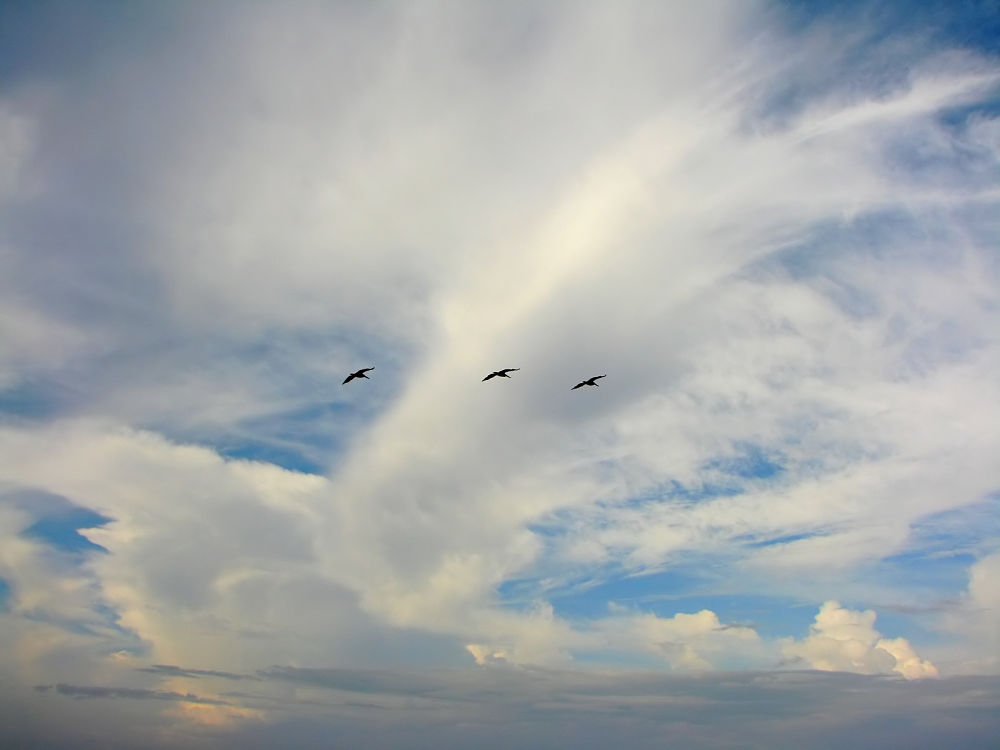
In her transition, I hope she is soaring to new heights. Photo by John Boyer from www.freeimages.com.
The Joy of Hearing Her Voice Again
I just listened to a few clips of her reading some of her poems and her spirit came so alive for me in those readings. Just check out her reading of a well-known poem entitled “homage to my hips” from Good Woman, Copyright © 1987, BOA Editions, Ltd., at http://poets.org/viewmedia.php/prmMID/15599.
What fun she must have had writing and reading that one. How wonderful that her miraculous voice and the conviction and courage that it always conveyed will still be with us to make listeners laugh and cry and dig deep into their own souls.
Just listen to her amazing intonations as she speaks her poem “my dream about being white” from Next: New Poems, Copyright © 1989, BOA Editions, Ltd. There is something so special just in the way she says “hey.” History becomes “his – story.” And listen to how she reads the last lines with such playfulness. Here is the link: http://poets.org/viewmedia.php/prmMID/21308.
Often there is great humor and sharp wit in her poetry along with her deep insights. In “wishes for sons,” from Quilting, Copyright © 1991, BOA Editions, Ltd., she plays with the idea of sons experiencing some of the pain and embarrassment of what some daughters have felt. And she does it with such humor and sarcastic irony. Check it out at http://www.poets.org/viewmedia.php/prmMID/15601.
In “sisters,” from Good Woman: Poems and a Memoir 1969-1980, Copyright © 1987, she wrote a poem for a friend on her friend’s birthday. Listen to her reading and the fun she has sharing it at http://poets.org/viewmedia.php/pprmMID/21307. You can hear her dramatic emphasis on the word “loving” and her plaintive and emphatic voice in the repeat of the phrase “loving ourselves.”
The Geraldine R. Dodge Poetry Festival — A Place to Fall in Love with Poets
I met Lucille Clifton several times at The Geraldine R. Dodge Poetry Festival held in beautiful Waterloo Village in NJ. I first met her there in September of 2000. I know because that is the date she inscribed some words for me in a book of her poetry that I have come to love and cherish called Blessing the Boats. In it she wrote, “For Donna, Joy! Lucille” And then she signed it “Lucille Clifton 9/2000.”
At each poetry festival I attended, I fell in love with one or two new poets – new for me that is — whose poetry resonated deeply for me. That year I fell in love with both Lucille Clifton and Mark Doty, whose poem “Beau” and his love of dogs endeared him to me along with his brilliant gifts for writing both poetry and prose. For anyone who loves dogs, I highly recommend his beautifully written, poignant book called Dog Years. It’s especially wonderful for anyone who has loved and lost a cherished dog. And, of course, I recommend all his poetry as well.
At an earlier poetry festival, I fell in love with the incomparable Stanley Kunitz, whose powerful, resonant voice filled the huge poetry tent with power and grace despite his slender build and advanced age. His brilliance was extraordinary, and he, too, shared many deep secrets of his heart. Like Clifton, he found inspiration in his fractured childhood.
I felt sad at his passing, but there was also a kind of joy and fondness I felt at all he had achieved in his fruitful and lengthy life. He died when he was 100 years old. I cherish a photo I have of him standing within a gorgeous and abundant lavender garden.
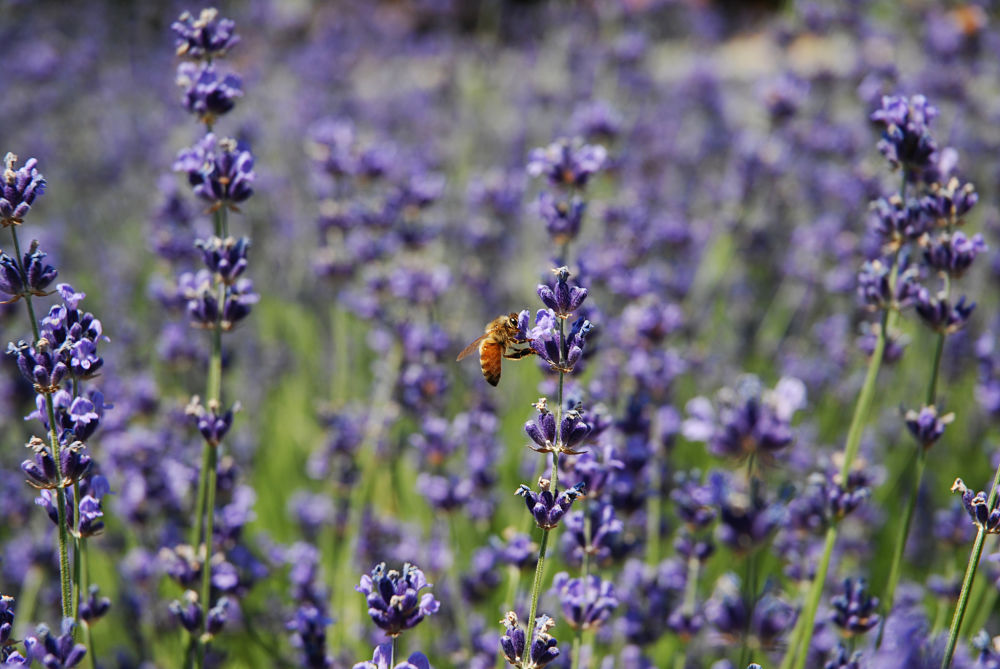
I cherish a picture I have of Stanley Kunitz in an abundant garden of lavender. Photo by Zack Gashi from www.freeimages.com.
The “Moonchild” Reveals Some Dark Secrets
At the festival, poets give workshops and talks during the day. Then at night, there are readings. On Saturday evening, the highlight of the festival, some of the brightest and best poetic stars are selected to share a sampling of their works.
That night, shortly after Clifton climbed the stairs to the stage, I fell in love with her voice, her rich sense of humor, the range of subject in her poetry and the simple, yet graceful way she shared her deep hurts and huge insights. As she read her poetry, each like a petal on a gorgeous flower, listeners began to understand how magnificently she had spun heart-wrenching pain into such golden works of art. She was uncovering hurts and secrets, grief and longing, and so much pain, petal-by-petal and poem-by-poem. And of course, in her montage, there was always humor nestled within to lighten the darkness and soften the blows.
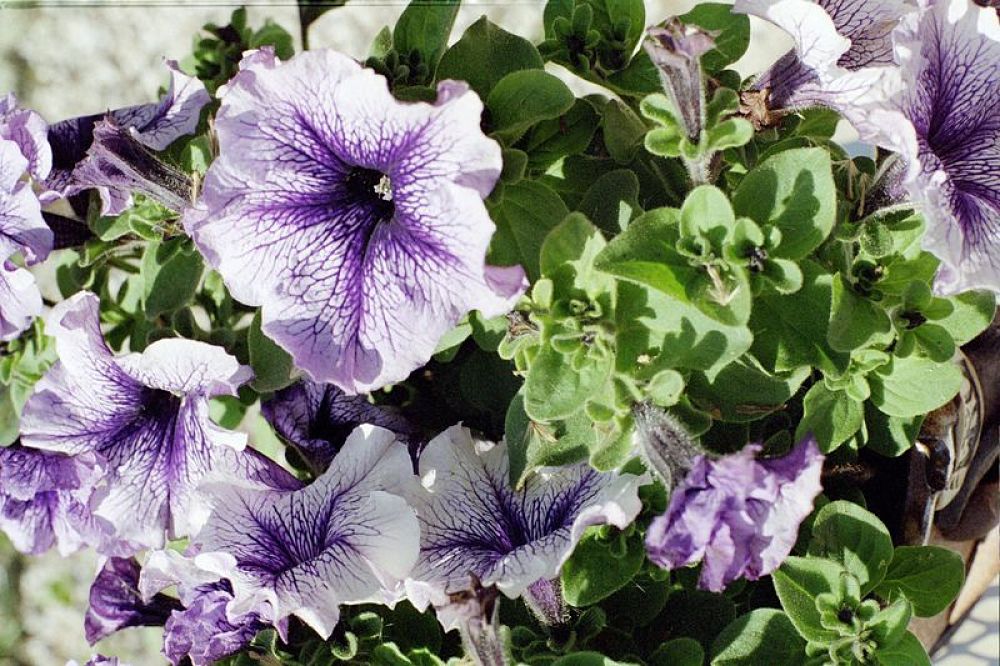
Petal-by-petal and poem-by-poem – Photo by Donna El Haber, Copyright © 2010, all rights reserved.
Perhaps the poem she read that day that whispered loudest to me was “moonchild” from New Poems, Copyright © 2000, BOA Editions, Ltd. In “moonchild” she is talking about the moon, her childhood and some dark and haunting remembrances of her father:
“the moon understands dark places,
the moon has secrets of her own.
she holds what light she can.”
Dark places and dark secrets indeed. In the penultimate paragraph of the poem, Clifton writes:
“we girls were ten years old and giggling
in our hand-me-downs. we wanted breasts,
pretended that we had them, tissued
our undershirts. jay johnson is teaching
me to french kiss, ella bragged, who
is teaching you? how do you say; my father?”
And she concludes:
“the moon is queen of everything.
She rules the oceans, rivers, rain.
When I am asked whose tears these are
I always blame the moon.”
In her poem “what did she know, when did she know it,” from The Terrible Stories, Copyright © 1996, BOA Editions, Ltd., Clifton wonders what her mother knew and when in a chilling recollection:
“in the evenings
what it was the soft tap tap
into the room the cold curve
of the sheet arced off
the fingers sliding in
and the hard clench against the wall”
She talks about the “cold air” and “cold edges” and why she never smiled as a little girl as she thinks about how mothers are “supposed to know everything” and wonders what her mother did know and “when did she know it.”
Clifton Voices Her Honest Feelings about Cancer and Kidney Disease
In her poetry, Clifton talks about her children, living and dead, born and unborn, with a fierce honesty. And she writes a number of poems about illness and what she personally experienced. She suffered from several bouts of cancer and wrote a poem about her lumpectomy. For a year she was on dialysis and suffered from kidney disease following her remission from cancer. Having a life-threatening kidney disease on the heels of her battles with cancer seemed for Clifton to be the Universe’s ultimate insult.
It was one of her daughters, Alexis, who donated her kidney to Clifton. We are all blessed that she did, enabling Clifton to have more time to share her beautiful gifts and voice.
In her poem “dialysis,” from New Poems, Copyright © 2000, BOA Editions, Ltd., Clifton writes:
“we are not supposed to hate
the dialysis unit. we are not
supposed to hate the universe.
this is not supposed to happen to me.
after the cancer the body refused
to lose any more. Even the poisons
were claimed and kept.”
She dreams that “a house is burning” and that “something crawls out of the fire cleansed and purified.” In her dream, she calls it “light.” After suffering with cancer, she was “so grateful to be alive.” And she still has great passion and spirit: “I am alive and furious.” But she wonders in the final line of the poem about this latest blow to her health: “blessed be even this?”

Cleansed and purified by “light” – “I am alive and furious” – Photo by Donna El Haber, Copyright © 2010, all rights reserved.
In a wonderful interview with English Professor Hilary Holladay, on April 11, 1998, Clifton responded to Holladay’s comments about the anger, sorrow and uncertainty in her poetry along with its affirmations and celebrations. Clifton talked about her then upcoming book of poetry that friends were saying sounded very dark. To see the full interview, go to http://www.poetryfoundation.org/journal/article.html?id=179624.
Holladay, author of a book on Clifton’s Poetry called Wild Blessings: The Poetry of Lucille Clifton, asked if Clifton thought her forthcoming book of poems was indeed dark, and here’s what Clifton said: “I have a poem about dialysis, for instance. I was on dialysis. And it ends, something about ‘i am alive and furious,’ and then it ends with a question, ‘blessed be even this?’ [Some critics] would expect of me, ‘blessed be even this.’ Well, I’m not sure about that. You know, dialysis is not fun. Kidney failure is not fun’.”
In her poem “donor,” from New Poems, Copyright © 2000, BOA Editions, Ltd., Clifton describes with unflinching honestly how she felt and what she did when she conceived Alexia, the daughter who so graciously donated her kidney to her mother:
“i think of the pills, the everything
i gathered against
your inconvenient bulge; and you
my stubborn baby child,
hunched there in the dark
refusing my refusal.”
And Clifton worries:
“suppose my body does say no
to yours. again, again i feel you
buckled in despite me, lex,
fastened to life like the frown
on an angel’s brow.”
Giving a kidney is a true gift of love and also a gift of life. Clifton had more than her ample share of rich life material to mine for her poetry and she bravely shared it with her bold truth.
The Persistent Red Fox that Followed, Scared and Inspired Clifton — Her Totem Animal
She wrote a series of poems about a fox that kept showing up where she lived when she lived in Maryland. She did understand the importance of that visitation and that it was representative of some larger spiritual message. The fox, she knew, was her totem animal.
Totem animal or not, sent by Spirit or not, Clifton was really afraid of this red fox. And I can’t say that I blame her. I once saw a red fox while walking my dog in a wide open park and it scared me too. I wasn’t sure how I would defend either myself or my dog against the fox should the fox have decided to come our way instead of look at us, turn and scamper off. The fox was, though, very beautiful to see.
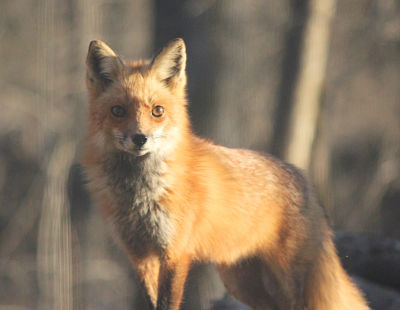
Red Fox – Lucille Clifton’s Totem Animal
In the interview with Holladay, she tells a very humorous story about the fox:
Holladay asked, “Was the fox coming here?” Clifton responds, “No, it was in St. Mary’s County. I have an apartment there when I’m teaching in southern Maryland. I’m here only some weekends and summertime. And I know I’m supposed to think, ‘What a wonderful thing, a fox, my totem’ — all that. I was petrified! I was afraid of the fox! [laughter] My students get so upset when I say that. Lucille Clifton isn’t supposed to [be afraid]; she’s supposed to [love] all living creatures. Sometimes even the creatures seem to think so. Because creatures come to me all the time. However, I’m afraid of them.”
Holladay then asked, “What happened to that fox?” Said Clifton, “I don’t know. I finally moved, since I could not bear this fox! My friend was moving, my dear friend who’s just had her first book published; she had been a student of mine. Her name is Anne Caston. She’s a wonderful poet, an amazing poet. Anyway, she was moving, too. So we decided to move to this new apartment complex in St. Mary’s County. And she moved so that her apartment backed up to mine. But at the last moment, I said, ‘Well, Anne, I’ve got a fireplace in mine, and you don’t have one.’ She has children, so I thought the fireplace would be nicer for a family with kids. And so we changed apartments; we exchanged.
“Well! The first night we were there, the fox comes to her apartment! A fox. Who knows if . . . I choose to believe it was the same fox. And Anne — this is why I love this woman — she came out of the door and said, “She moved around there!” And the fox got up and trotted around to my apartment and spent the night there and then left and was never seen again.”
Clifton said she recognized the honor in the fox’s visit, but she was glad that it had finally left. She did, however, continue to wonder what the import of those visits meant and what she was supposed to understand.
As an animal totem, the fox is cunning and is also a shapeshifter. On the website, http://animalspirits.ladyinblack.com/fox_spirit.htm, it says that the fox can be a master teacher. The fox can bring “a quickening of your mental and physical response to problems that you face” and it can usher in “a great time of learning.” The fox can also help increase intuitive abilities and “can bring extraordinary dream teachings and creativity.”
It is very interesting that Clifton transformed her fox visitations into poetry and also spun some of her dreams into poems. Perhaps both Spirit and the persistent fox accomplished what they had set out to do: inspire and teach and get Clifton to notice some deeper meanings about what was going on in her life.
Deep “Sorrows” and Clifton’s Pearls of Poetry
Like so many poets, Clifton’s life was filled with many sorrows. Yet despite all the hardships and extraordinarily difficult experiences in her life, she, like a Phoenix, not only rose above them as best she could, but she gave voice to them and wove them into lustrous poems, like pearls on a necklace, for all to see. And those pearls of wisdom provided deep inspiration for others to conjure up similar strength, tenacity and hope even in the face of such daunting challenges to overcome. In her poem “sorrows,” from Poetry, Copyright ©2007, she writes:
“who would believe them winged
who would believe they could be
beautiful who would believe
they could fall so in love with mortals
that they would attach themselves
as scars attach and ride the skin”
And as she cries into her “cupped hands,” saying “enough,” she wonders how, oh how, she could be chosen yet again for another deep sorrow. To see the full text of the poem, go to http://www.poetryfoundation.org/archive/poem.html?id=180005.
Some Personal Encounters with Lucille Clifton
The first time I met Lucille Clifton, I had gone through a very difficult life experience several years before when someone very dear to me almost died following a near-fatal stroke. With God’s grace, some wonderful doctors, his own brilliance, tenacity and vibrant spirit, he had made it through about a year later to a near-perfect recovery. He was with me, enjoying the glorious September day at Waterloo Village, as we were standing in line together to get my Blessing the Boats book signed. I was thankful and grateful for the special day and for the rich poetry that we were sharing and enjoying.
When my turn in line came to have Clifton sign my book, I was wondering, given the difficult life challenge that I had experienced, how she managed to come up with the fortitude and inner strength to keep persevering in the face of such daunting life experiences. She smiled, said a few inspirational words, downplaying any extraordinary qualities in the way she lived her life, and then she wrote the inscription “Joy!” in my book.
I saw her again a few years later not too long after my friend’s sudden death. Still fragile at the time, I went up to her and reminded her of our brief conversation years before and told her of my recent loss. She opened her arms and gave me a beautiful hug that I will never forget.
I remember too that it was at that poetry festival, a smaller one held on a sweeping prep school campus in NJ, that she and other poets had written magnificent poems about 9-11 and the terrible tragedy our country and those at The World Trade Center Towers had suffered. Her poem was striking, and I recall thinking that once again she had created, as Keats would say, “a thing of beauty,” something so deeply moving that had sprung from such immeasurable tragedy and grief.
Moving Forward in the Face of Life’s Challenges and Riding Triumphantly Down the Highway of Her Life
The answer to my question about moving forward in the face of such adversity was that despite all Clifton had suffered, it was joy — the joy of this gorgeous gift of life — that kept her going and inspired her day by day.
It was the inspiration of family and friends, children and grandchildren, of past and present, of poets and poetry festivals, of laughing and crying, of songs and gatherings and the workings of the heart and soul. It was her love of teaching, creating and sharing and her family, friends, students and fans that kept her spirit thriving.
Illuminating the mysteries of foxes and fears, dreams and nightmares, surmounting challenges of both her past and present and finding the courage and will to keep moving on despite all that had been thrown on her extraordinary path – all of that propelled her forward. I think she said it best in her magical poem “hag riding,” from The Terrible Stories, Copyright ©1996, BOA Editions, Ltd.:
“why
is what I ask myself
maybe it is the afrikan in me
still trying to get home
after all these years”
When she wakes “to the heat of morning,” she envisions herself “galloping down the highway” of her life. And she concludes with her bold and inspirational images:
“something hopeful rises in me
rises and runs me out into the road
and i lob my fierce thigh high
over the rump of the day and honey
i ride i ride”
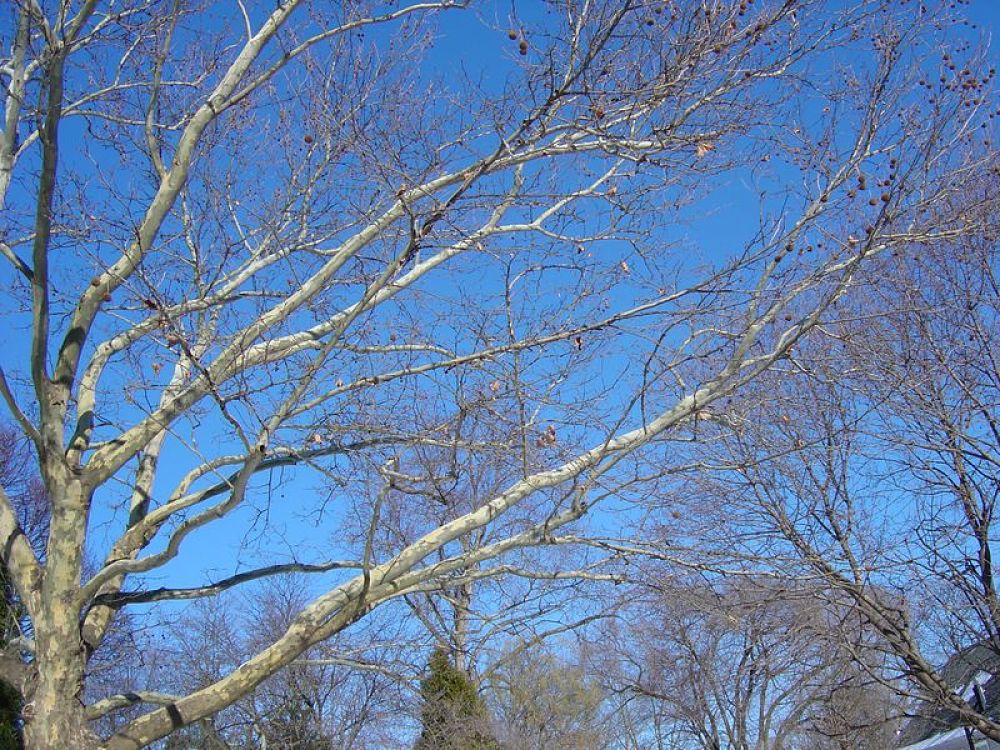
The hope of a new day – Photo by Donna El Haber, Copyright © 2010, all rights reserved.
I still can get tears in my eyes when I read it because that short poem packs such power. I feel the heat and intensity of her day and her deep longings. She has been around for awhile as she shares in her phrase “all these years.” Yet she is not tired. Her spirit and enthusiasm for life are still so powerful.
She takes all of us with her as she gallops down the highway of her life. Life is happening quickly and passing very fast. She is taking the reins of her life and not sitting back passively or resting on her laurels. No, she is galloping through for the ride of her life. Despite so many life challenges, there is something “hopeful” that emerges within her. And it is strong.
With that line, she uplifts the heart of the reader. Suddenly there is not only heat, but light shining in. And with both physical and emotional power and the sturdy structure of her rich verse, she takes us all on her ride as she “lobs” her “fierce thigh high over the rump of the day.”
And together we cheer her on as we watch her galloping away. We are left awed and inspired to take our own daring rides with passion and gusto despite life’s hardships and our intermittent longing “to get home.”
Wherever she is, I hope she is continuing to “lob her fierce thigh high” and “ride” oceans of clouds and light as she continues to explore the mystical meaning of light and dark and of life and death. I am so grateful to have met her and to have heard her read her poetry aloud. I am glad, too, that her inimitable voice has been captured for all to still savor and enjoy. As she wished for me, I, too, wish her “Joy!”
My heart goes out to her family members and close friends whose hearts must be broken at losing such a brilliant light in their lives. My hope is that they will find some consolation in knowing how many lives and hearts she touched in her lifetime and what an inspiration she has been to so many.
For me, the world is not quite the same without her physically in it. And it is sad for me to think that she has written her final poem. In some ways, her life and how she lived it with such honesty and passion is her final poem for the world to savor. I believe that wherever her spirit is, Clifton is finding great joy in her new-found freedom and final release from pain and illness.
She has sailed in her lifetime with such grace, beauty, mystery and artistry “through this to that.” As in “blessing the boats (at St. Mary’s),” from Quilting, Copyright© 1991, BOA Editions, Ltd., I wish for Lucille Clifton tides that “carry her out beyond the face of fear” and wind that will love her back as she kisses and then turns from it. May she open her eyes to see “water water waving forever.” And may her passage from “this to that” be as exciting as her inspirational journey here where she galloped with such brilliance and bravery down the highway of her amazing life.
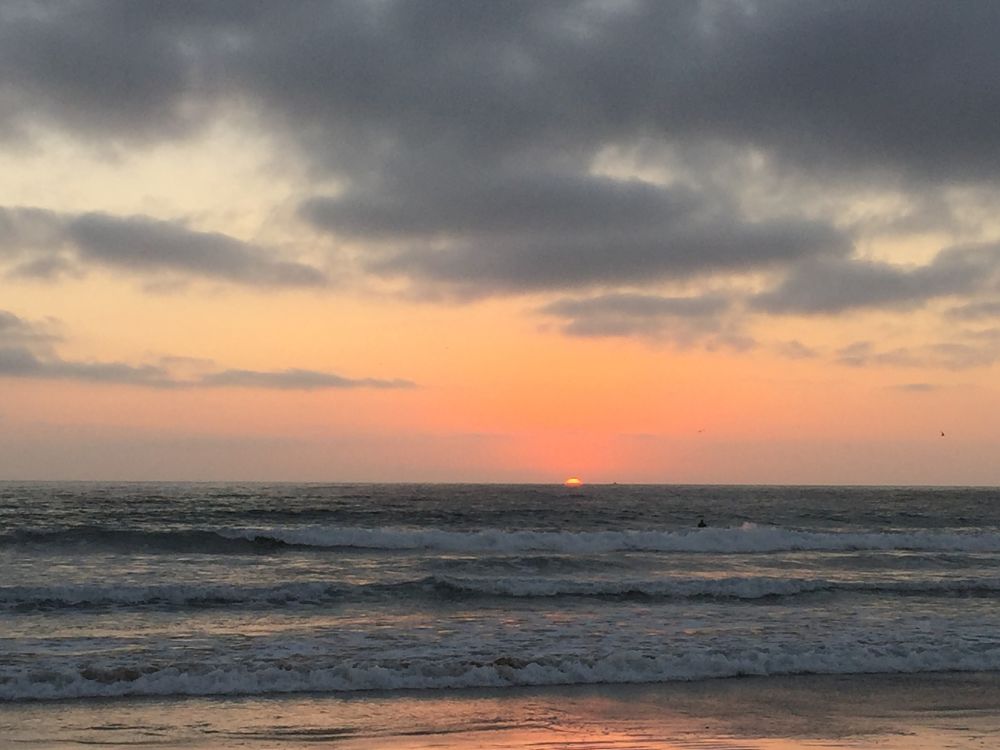
“Water, water, waving forever” – Photo by Donna El Haber, Copyright © 2010, all rights reserved.
With love, healing and miracles,
Rev. Donna
Let's Chat to See If I Can Help!
Let's Chat to See If I Can Help!


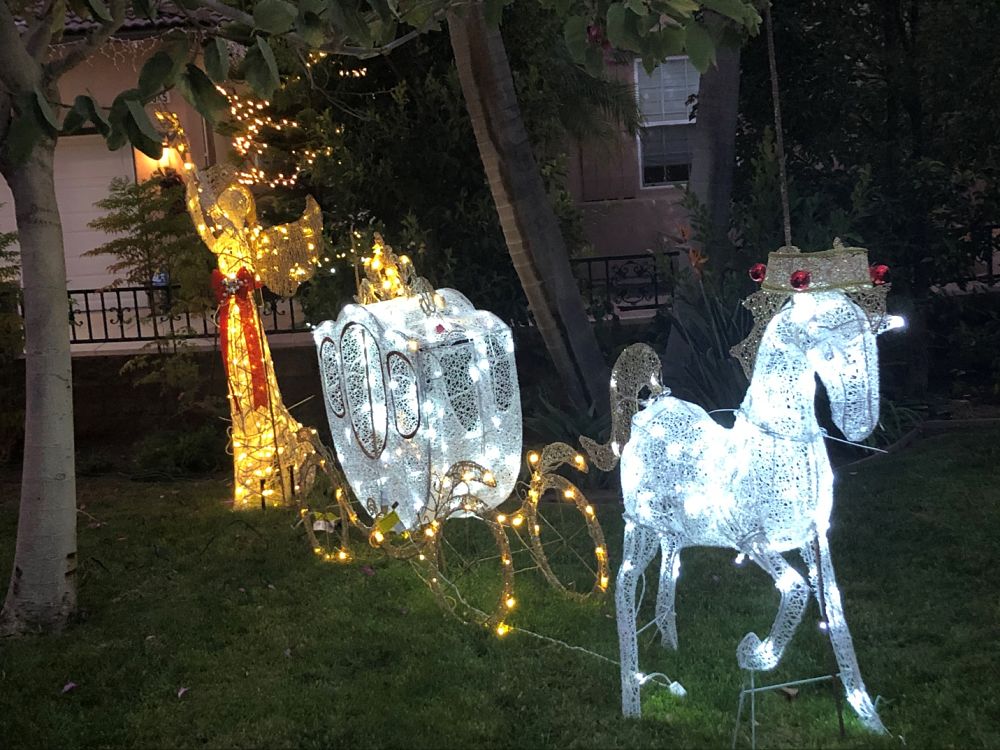
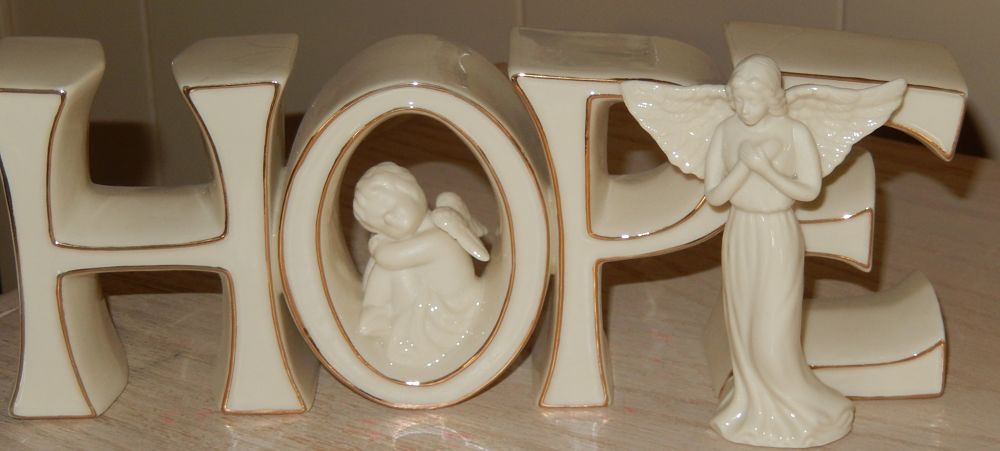
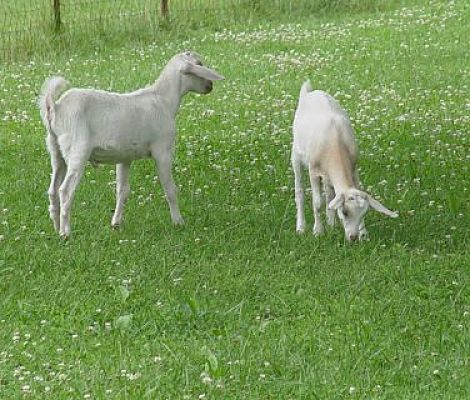
Leave A Comment